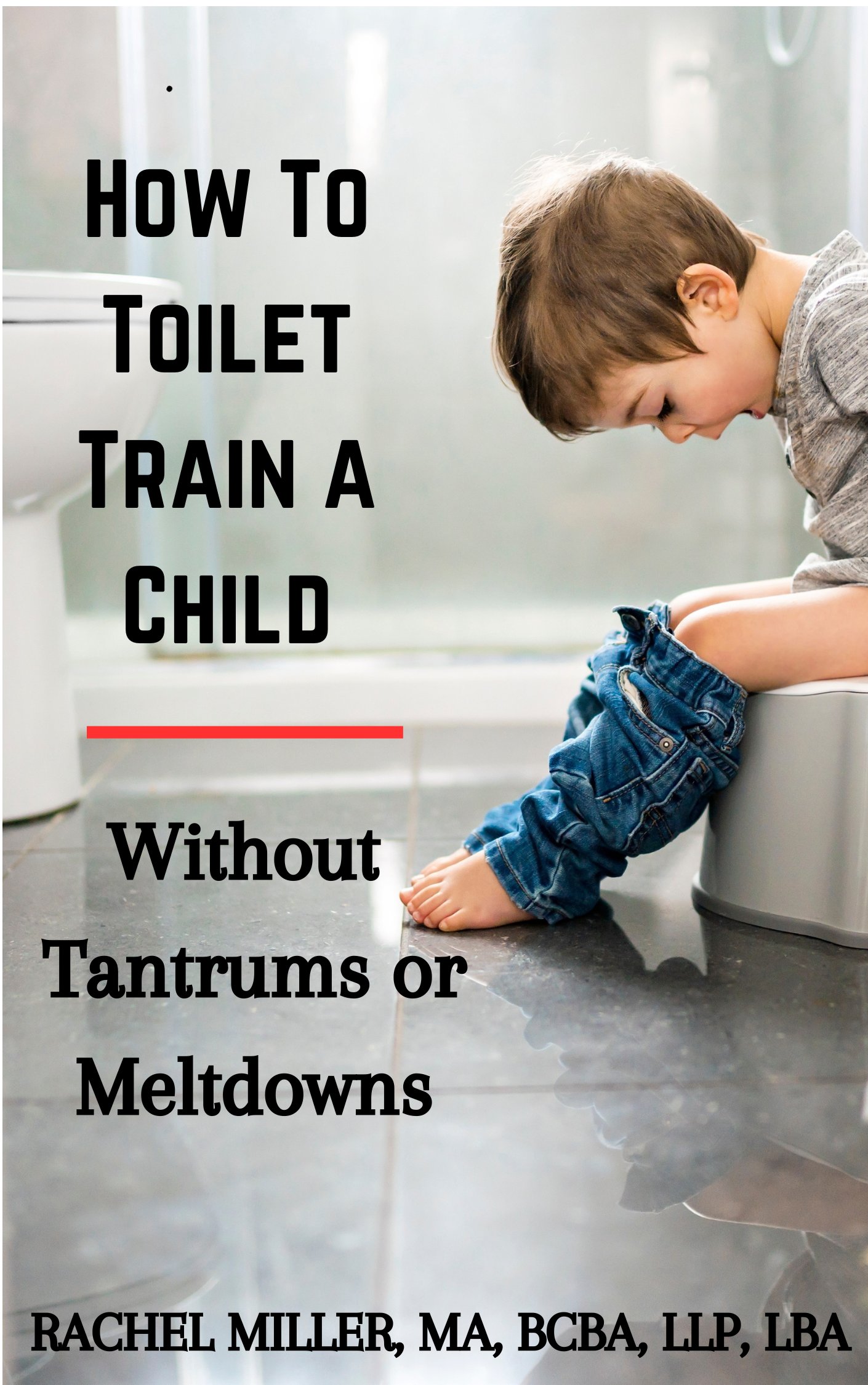How to Prevent ADHD Symptoms in Children:
Causes, Natural Solutions, and Healthy Habits

How to prevent ADHD is a question many parents ask when their children show signs of hyperactivity, difficulty focusing, or impulsive behavior. While medication is often the first treatment suggested, more families are seeking natural ways to manage ADHD symptoms. By understanding possible causes and focusing on lifestyle changes—such as sleep routines, nutrition, and reducing toxin exposure—you can help support your child’s focus and behavior without relying solely on prescriptions.
Understanding the Causes of ADHD
Before exploring prevention strategies, it’s important to understand what may cause ADHD or contribute to its symptoms. Research shows a combination of genetics, brain development, and environmental triggers play a role.
1. Genetic Factors
- Children with family members who have ADHD are more likely to develop it.
- Identical twins often display similar ADHD behaviors.
- Studies suggest a specific dopamine-related gene may increase risk.
While genetics cannot be changed, healthy pregnancy choices—such as eating a balanced diet, avoiding alcohol, and getting proper prenatal care—can help reduce complications that may worsen symptoms.
2. Brain Development
Brain areas like the frontal lobe, cerebellum, and basal ganglia are linked to behavior regulation. Since ADHD diagnosis often relies on subjective checklists, evaluations may vary, making prevention strategies even more valuable.
3. Environmental Triggers
- Toxins in pregnancy: Alcohol, nicotine, or lead exposure during pregnancy may increase risk.
- Pollution and smoke: Low oxygen levels from asthma, secondhand smoke, or poor air quality may contribute to hyperactivity and inattention.
How to Prevent ADHD Naturally
Sleep problems are one of the strongest links to ADHD-like symptoms.
- Inadequate rest increases cortisol (a stress hormone), making children appear more hyperactive.
- Sleep deprivation affects focus, memory, and self-control.
- Research shows children with chronic sleep issues may be more likely to show ADHD symptoms.
Tips for Better Sleep:
- Keep a consistent bedtime and wake-up schedule.
- Limit TV, video games, and tablets before bed.
- Create a calm, dark, and quiet sleep environment.
Since poor sleep can both mimic and worsen ADHD symptoms, prioritizing rest is one of the most effective prevention strategies.
Diet plays an important role in managing hyperactivity and attention.
- Reduce sugar intake: Excess sugar can increase restlessness and short attention spans.
- Avoid artificial additives: Dyes and preservatives have been linked to behavioral issues (e.g., Feingold diet).
- Try gluten-free or casein-free diets: Some parents report improvements in focus and mood.
- Add omega-3 fatty acids: Studies show omega-3s support brain function and reduce ADHD symptoms.
If dietary changes don’t lead to improvement after a few weeks, those foods may not be a factor for your child.
3. Gut Health and Candida Overgrowth
An often-overlooked factor in attention and behavior is gut health. Candida (yeast) overgrowth can release toxins that cause “brain fog” and concentration problems, sometimes mistaken for ADHD.
Prevention strategies:
- Add probiotics to restore healthy gut bacteria.
- Include prebiotic foods such as garlic, onions, oats, and bananas.
- Limit refined sugars that feed yeast overgrowth.
4. Reducing Exposure to Toxins
Limiting exposure to harmful substances can prevent or reduce ADHD-like behaviors.
- Avoid alcohol, nicotine, and chemical exposure during pregnancy.
- Keep children away from secondhand smoke.
- Minimize lead exposure and reduce contact with household pollutants.
The Role of Screen Time in ADHD Symptoms

Although screen time has not been proven to directly cause ADHD, it is strongly linked to sleep disturbances—which in turn affect attention and behavior.
- The American Academy of Pediatrics (AAP) recommends: No screen time for children under 3 years old. No more than 2 hours daily for older children.
Reducing screen time supports better sleep, which may help prevent ADHD-like symptoms from worsening. Screen time can also affect the brains ability to pay attention to less stimulating activities. Videos for children can be extremely overstimulating to the brain to the point that the dopamine released, as a result, becomes somewhat addictive making less stimulating activities "boring."
How to Prevent ADHD with Exercise and Behavioral Strategies
Regular physical activity is one of the most effective natural methods for improving focus, reducing hyperactivity, and supporting emotional regulation in children. Exercise stimulates the release of dopamine and serotonin—brain chemicals that play a major role in attention and mood regulation.
Benefits of Exercise for ADHD Prevention
- Improves focus and concentration: Activities like swimming, martial arts, and running encourage sustained attention.
- Reduces impulsive behavior: Sports and structured play help children practice self-control.
- Boosts mood and energy: Physical activity lowers stress hormones and improves overall mental health.
- Enhances sleep quality: Children who exercise regularly tend to fall asleep faster and stay asleep longer.
Recommended Activities
- Aerobic activities: biking, dancing, or jogging.
- Structured sports: basketball, soccer, or martial arts.
- Mind-body practices: yoga or tai chi, which combine movement with mindfulness.
Behavioral Support Strategies
In addition to physical activity, certain behavioral techniques can help prevent ADHD symptoms from worsening:
- Consistent daily routines give children structure and reduce stress.
- Clear expectations and rules help them know what to expect and stay on track.
- Positive reinforcement (praise or rewards) encourages desired behavior.
- Breaks between tasks prevent frustration and overstimulation.
Combining regular exercise with supportive routines can significantly reduce hyperactivity and improve focus, making it a powerful addition to other ADHD prevention strategies.
Key Takeaways: How to Prevent ADHD Symptoms Naturally
- Genetics may play a role, but lifestyle changes can reduce risk factors.
- Quality sleep is one of the most powerful prevention methods.
- Dietary changes such as reducing sugar, avoiding additives, and adding omega-3s support brain health. There have been studies showing the improvements after giving children omega-3 fatty acids for a period of time on attention and focus.
- Gut health matters: probiotics and prebiotics can improve focus.
- Environmental factors like toxins and screen time should not be ignored.
By combining these strategies, parents can learn how to prevent ADHD symptoms naturally and help their children thrive without relying solely on medication.
If you haven't already, be sure to check out my ebooks, now on Amazon!
References
1. Teeter, P. A. (1998). Interventions for ADHD: Treatment in developmental context. New York: Guilford Press

